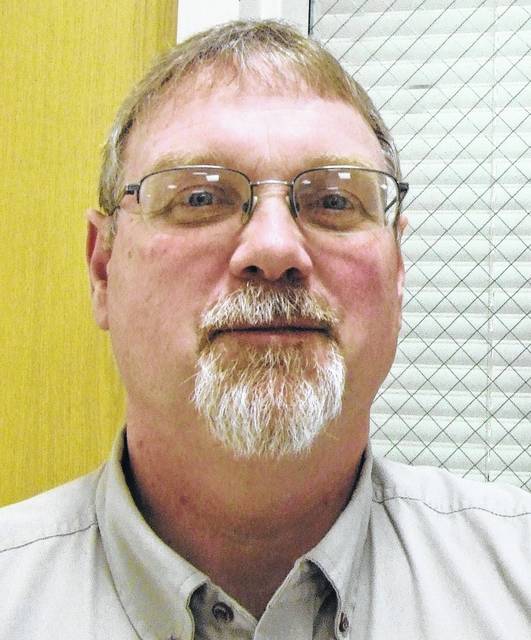
Happy New Year! It’s hard to believe we have concluded another decade and are beginning a new one as we are now into 2020.
I have seen many articles recently looking back at the last decade and reflecting on what the past will do to set the stage for this coming decade.
As I look at agriculture, the big words I think of from the past and look to the future are such things as weather, Farm Bill, trade disputes, land prices, cost of production, water quality, world-wide animal disease, tax changes, consumer trends which includes food safety and food security, and the list could go on and on.
As we move forward, change in agriculture is inevitable and we will have several disruptions that will create chaos as we go, but one thing is certain, agriculture will stay resilient and prosper.
As farmers, we will need to be better prepared than we have ever been to withstand the uncertainties, the changes and all the disruptions we may or may not have full control of.
A few of the ways you can start getting prepared is to attend some very worthwhile programs such as:
The Clinton County FARM Bill Meeting is scheduled for 1-3 p.m. Tuesday, Jan. 7 at the Clinton County Community Room, 111 S. Nelson Ave., Wilmington. This meeting will review changes to the ARC/PLC programs as well as important dates and deadlines.
Additionally, we will look at decision tools and calculators available to help. This information will help you decide which program best fits the needs of your farm under current market conditions and outlook.
The 2020 Agriculture Outlook Meeting will be hosted by the Clinton County Extension office and the SW Corn Growers 10 a.m.-2:30 p.m. Wednesday, Jan. 15, also at the Clinton County Extension Community Room in Wilmington.
Program speakers will include: Barry Ward, Leader, Production Business Management, CFAES, Ohio State University Extension will discuss the 2020 Outlook for Crop Inputs/Margins, Land Values/Rents, and Tax Issues. Ben Brown, Agricultural Risk Management specialist, CFAES, Dept. of AEDE, will take a look at the 2020 Grain Market Outlook. And finally that day will be Dicamba Specific Training after lunch, sponsored by the SW Ohio Corn Growers Association.
The event is free, but RSVP is required! To register, contact the Clinton County Extension office at 937-382-0901 or Tony Nye at [email protected] .
Another program that could be beneficial would be to attend the eFields regional meeting to be held at the Clinton County Extension Community Room 9 a.m.-noon Monday, Feb. 10. eFields is an Ohio State University program dedicated to advancing production agriculture through the use of field-scale research.
Make plans to join us to learn about the 2019 study results from your area plus across the state. No cost to attend, but we ask that you please RSVP by calling 937-382-0901 or at go.osu.edu/eFieldsMeeting.
Finally this week I wanted to make you aware that there is an opportunity to apply for Farmland Preservation through the Clinton County Soil and Water Conservation District. Right now there is a deadline of Monday, Jan. 25 to get your 2020 Landowner intent to apply form turned in.
This Farmland Preservation program is part of the Clean Ohio Local Agriculture Easement Purchase Program (LEAPP). Monies are issued for up to 75 percent of a farm’s point-based appraised value. A payment cap of $2000 per acre, with a maximum of $500,000 per farm is possible to be awarded to those applying.
Landowners must apply for Clean Ohio funds through the Clinton County Soil and Water District (CSWCD), located at 111 S, Nelson Avenue, Wilmington. You may pick up an official application form at this office. For help and for questions you may contact Jason Sneed, Administrator for the CSWCD at 937-382-2461.
Some of the requirements include: The farm must be enrolled in CAUV and the Agricultural District program through the county Auditor’s office. The farm must be a minimum of 40 acres in size unless the farm is adjacent to a preserved farm, then it must be a minimum of 25 acres in size.
Also, the farmland owner must certify the property does not contain any hazardous substances and the farmland owner must be in compliance with state and federal agricultural laws for the past five years.
There is more information and details available at the CSWCD office so give then a call or stop by there office and good luck to anyone applying in 2020.
Tony Nye is the state coordinator for the Ohio State University Extension Small Farm Program and has been an OSU Extension Educator for agriculture and natural resources for over 30 years, currently serving Clinton County and the Miami Valley EERA.


